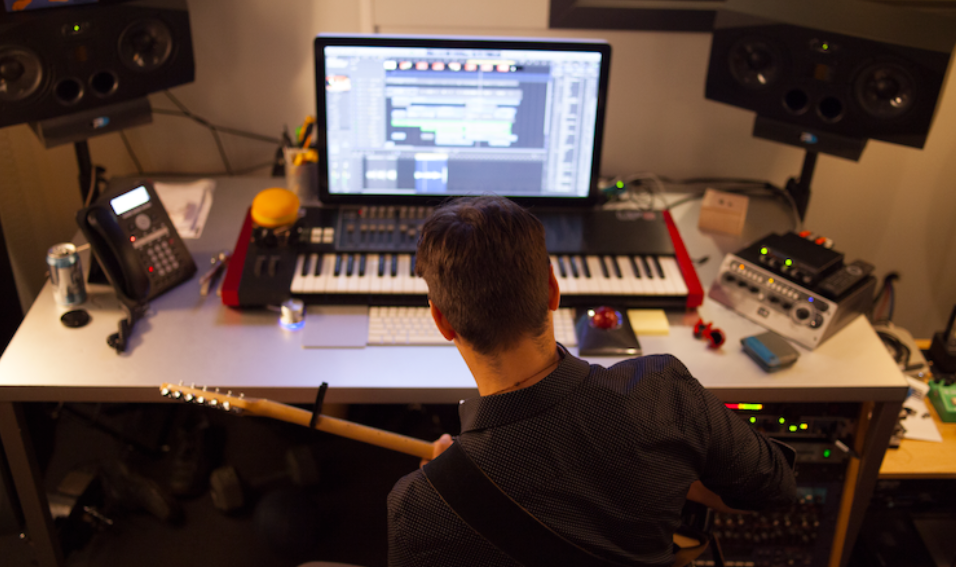Australia’s Music Publishing and Sound Recording industry stand at a market cap of $1Bn and has shown a positive growth trajectory over the past five years, with an average growth rate of 0.9% between the year 2017 to 2022. This industry is often patronised by people who seek the expertise of professionals to record and publish their music using some of the best technologies and systems. On the other hand, many new budding musicians try finding ways to produce and record music, as affording time at a studio isn’t a practical solution.
Are you looking to produce great quality music by yourself but don’t know how to go about it? If certain parameters are met, and you are willing to invest some money into this idea, you could accomplish such a feat. It is worth noting that emulating the quality of music that music production companies in Sydney can produce is challenging, as amateurs can’t replace the expertise professionals bring. Most people cannot afford to invest in the kind of systems and devices a production company can afford. Nevertheless, for those looking to create music in their home studios, this article lists tips that will help you produce great music.
Investing in Good Quality Headphones
If there is one component you must not compromise on, it would be a good pair of headphones. A basic computer, audio interface and a digital audio workstation (DAW) will do you good, too. Look for headphones that can isolate but still produce great sound quality.
Eliminating Background Noise
While soundproofing your home studio in the style of music production companies in Sydney may not be an option for you, especially if you live near suburbs near the airport, like Sydenham, Mascot, and Marrickville, there are several methods you could employ to minimise the noise as much as possible. You could use sheet blocks that block away a good amount of sound and supplement them by padding the room and covering it with several blankets. The same goes for the ceiling and the doors. For the floor, you could use carpet padding. Use acoustical caulk to plug the holes, if any.
To test how well the soundproofing and noise insulation works in your place near noisy Luna Park, you could have someone stand in an adjacent room and make as much noise as possible while you record a few sounds. Have them increase their noise every few seconds to see if the recording device picks up any noise and, if yes, to what extent.
Keeping It Simple
If you are mixing a song, avoid overdoing it and keep it simple instead. You might feel that including additional bells, whistles, and tracks might make your song sound better, but there’s a strong chance that you may make it sound like an angry traffic pileup on Cahill Expressway. Hence, sticking to the basics helps. If you are creating a rock song, avoid over-synthesising the song and stick to the instruments. A simple beat and a few change-ups will do the work if you are producing a hip-hop song.
Save Your Work Every 30 Minutes
A common problem people face when trying to record a track in a home studio is that the computer can crash anytime. Since the DAW software demands a lot from your computer, it often tends to crash when it can’t keep up. And if you face such a scenario and haven’t saved your work, you would be wasting time and energy. Hence it is advised to save your work every few minutes. Preferably at least every 30 minutes.
You can use the tips provided in this article to improve the quality of your music, but if you are serious about your craft and do not want to settle for anything but the best quality of music, then having your song recorded by professional music production companies in Sydney would be the best way to go about it.















